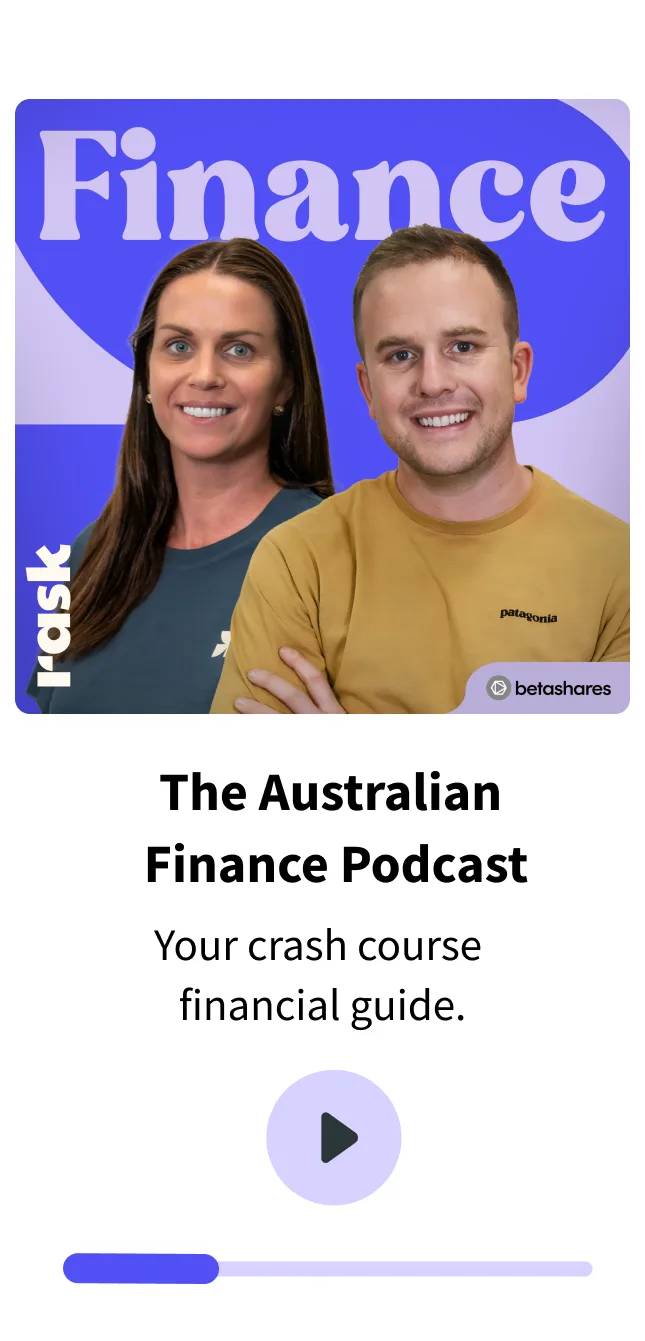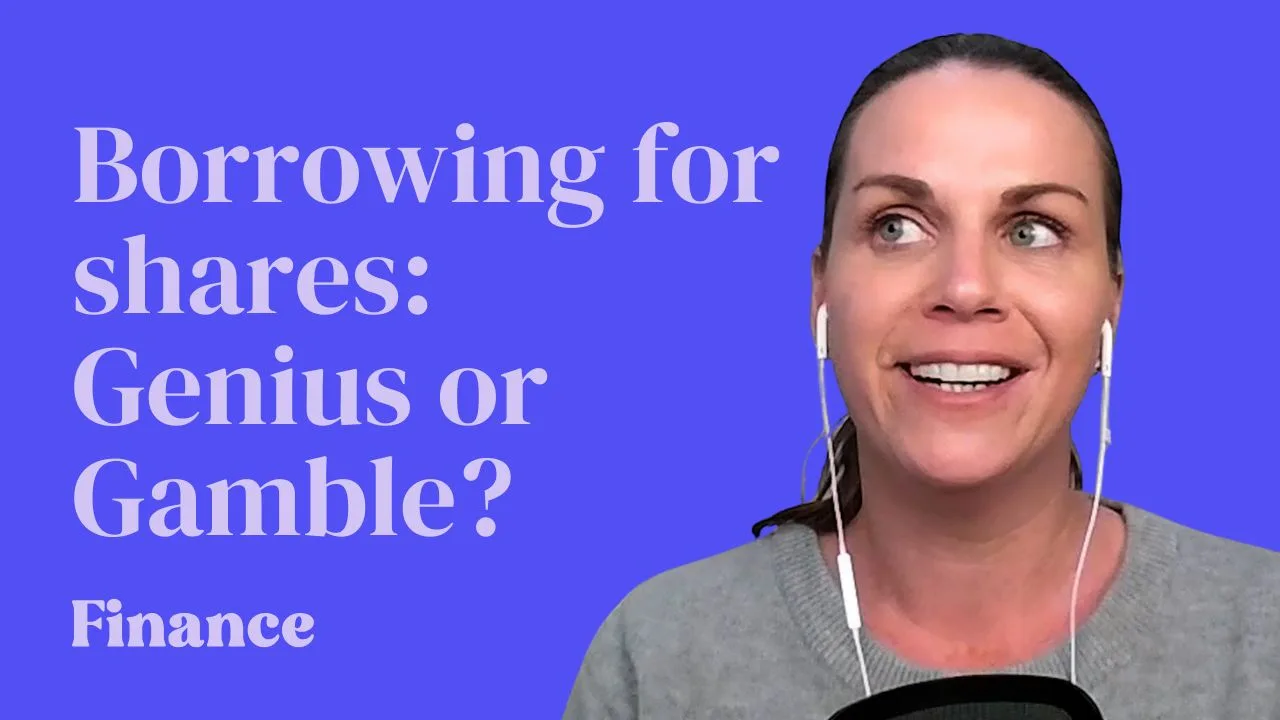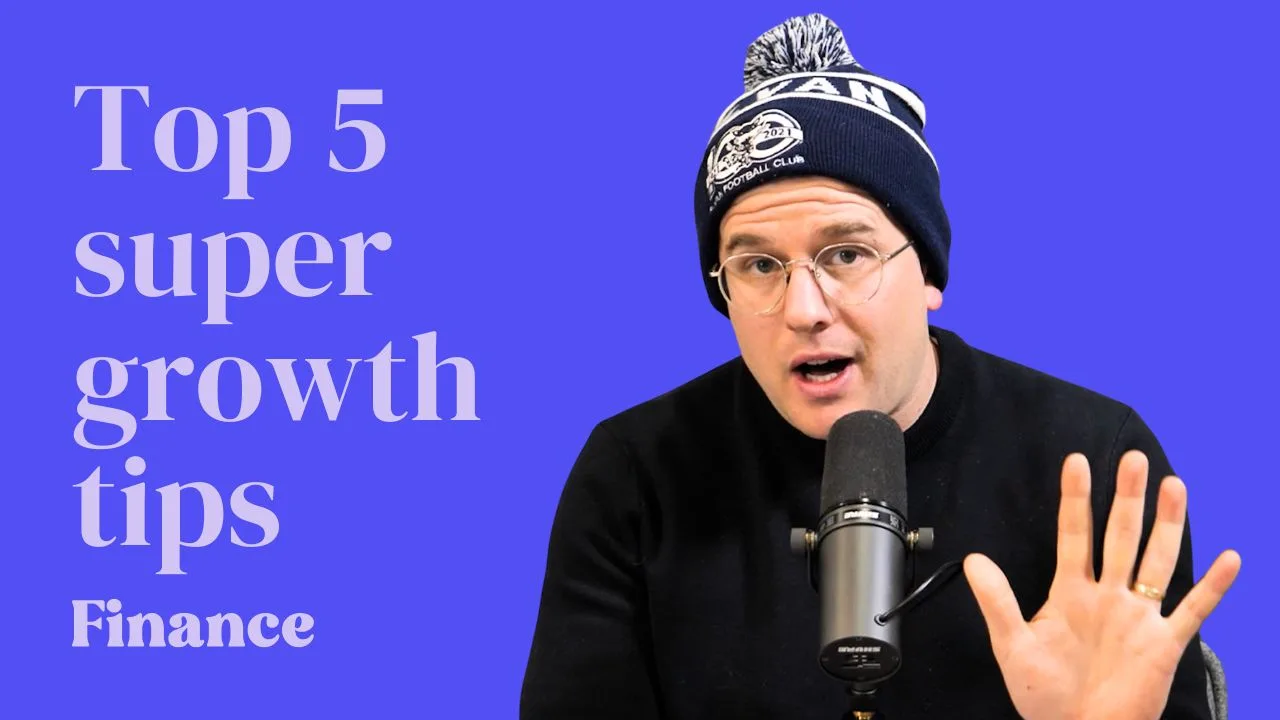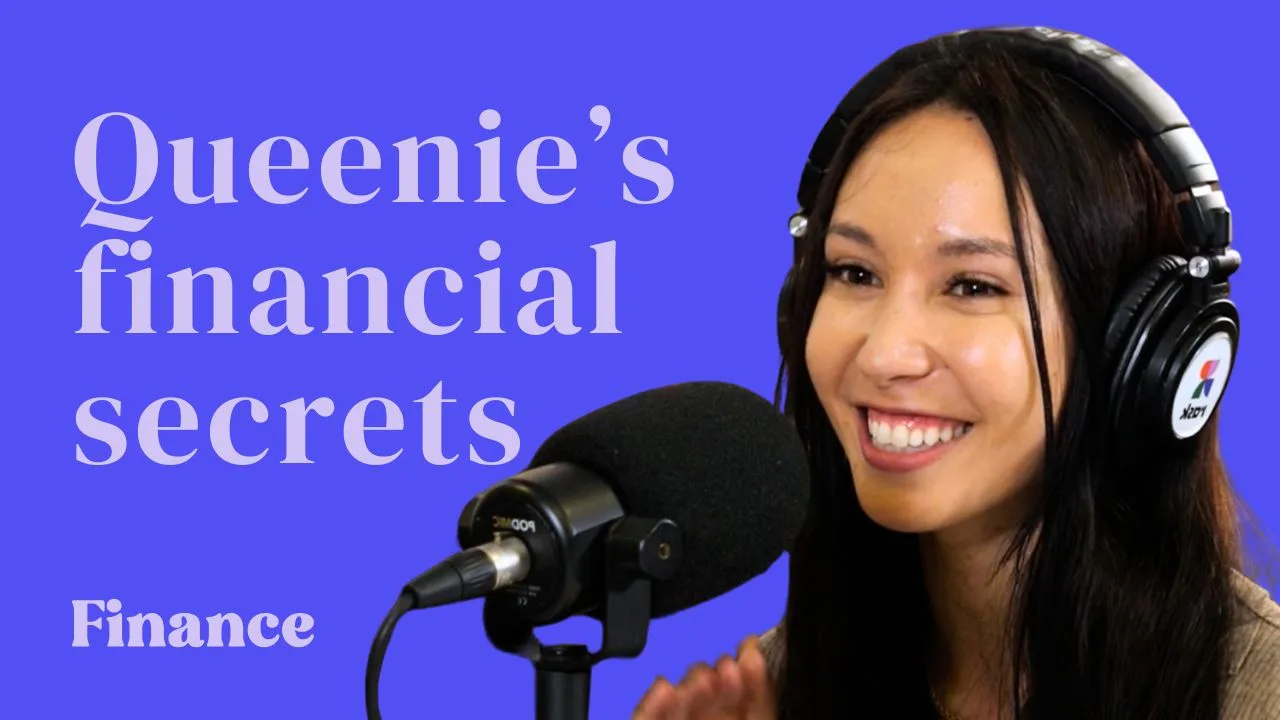Diversification is a technique used to lower the risk for an investment portfolio by spreading the specific risks of investing across many holdings.
We often practice diversification in other areas of our life without even realizing it. Think friends in different groups, external industry connections, reading widely, not just eating potato chips, having new travel experiences etc. It’s the idea that we shouldn’t rely on any one single “thing” and instead incorporate different things that are not directly linked together.
Fidelity defines diversification in investing as “the practice of spreading your investments around so that your exposure to any one type of asset is limited. This practice is designed to help reduce the volatility of your portfolio over time.”
In today’s episode, Kate & Owen discuss how they think about diversification in their own lives and what it looks like in our finances, investing, careers and life.
How does diversification lower your risks?
Academics have found that there are two risks that affect investments.
Specific risk (also called diversifiable risk)
The first risk is known as specific risk. This is the risk that is specific to a particular investment, company or industry. Company specific risk can be reduced by diversification. These are risks specific to a company or industry.
For example, a machine on a manufacturing line breaks down and production is halted for three months. If an investor only held shares in the manufacturing company, their portfolio would be adversely affected by the halt in production.
However, if the investor held shares in 30 other companies, the company-specific risk could be greatly reduced. That’s the idea behind diversification.
Market risk (also called undiversifiable risk)
The second type of risk is called market risk. Sometimes referred to as volatility, market risk affects the entire market or a market segment. The day-to-day movements in stock prices, changes in interest rates… and wars, are examples of market risks.
This is the risk that rewards investors with higher returns and cannot be diversified away.
However, it can be hedged.
Consider this: in a well diversified portfolio, an investor will never do better than their best investment. Conversely, they will never do worse than their worst investment.
| What is ‘Volatility’?
In academic theory, risk is often called volatility. Volatility is measured by the standard deviation in a company’s historical share price, or between the company’s historical share price and the market (called ‘beta’). The higher the volatility (and/or beta) the riskier the investment. It’s important to remember that volatility is often a historical measure of risk, so it may not be a reliable indicator of the future. |
How to diversify
An investor can diversify a portfolio by holding investments across different asset classes, including:
- Shares
- International shares
- Bonds
- Cash
- Property; and
- Alternative investments
An investor can also diversify within the asset class. For example, an investor owns their family home and their only investment is another property. That would be an example of poor diversification.
Can you over diversify?
At a certain point, diversifying for the sake of it can lead you to an overly complex portfolio that doesn’t actually improve your returns.
Most investors spend their life being a ‘collector’ of investments. One month you’re buying XYZ Company Ltd stock, the next you’ve invested with ABC Global Fund. At the same time, you’ve been shovelling cash into an investment property, and maybe even dabbling in that ‘great new idea’. A few years pass, or a decade or two later, and — presto! You’ve got yourself an unwieldy collection.
You are now, The Collector. From an admin perspective being a Collector is a nightmare. But from an emotional perspective, it’s more than a headache.
The easiest way to stop yourself from being The Collector is to have a plan. It doesn’t need to be complicated.
Consider making a Google Doc to answers questions like these:
- What’s my long-term financial goal?
- What is my investment strategy?
- What will I invest in to achieve my goals?
- How will I manage my tax?
- How many positions will I hold?
- When will I rebalance?
Store your document in a safe place, and make it password-protected, for later use.





